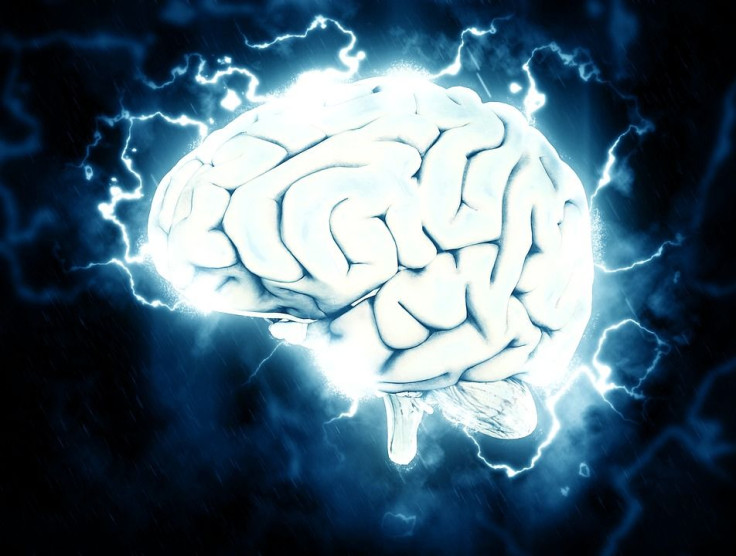Obsessive-Compulsive Disorder Behaviors Linked To Missing Protein In The Brain

Those who suffer from obsessive-compulsive disorder are haunted by unreasonable thoughts which lead to a vicious cycle of repeating behaviors over and over again. For some, this may be a fear of germs, so they constantly wash their hands. Others may have a fear of being robbed, so they count their money every hour.
The cause of OCD isn’t fully understood, but a team of researchers at the University of Würzburg believe they found the trigger for the disorder. After testing on mice, they believe the absence of a protein in the brain, called SPRED2, triggers the urge for an obsessive behavior, such as hand-washing, according to a university statement.
Read: OCD Early Symptoms: Everyday Habits That Are Signs Of Obsessive-Compulsive Disorder
One of the ways OCD-like behavior in mice was identified was through their grooming behavior, which included multiple three-second bouts of face-wiping, full-body grooming, and scratching and rubbing their head and ears, as noted in their paper.
When this specific protein was missing from the mice, it made an important signal pathway in their brain more active than usual. This pathway is also overactive in cancer patients.
This makes the researchers wonder: Can already-approved cancer drugs be more disorder-specific to treat OCD? If so, are they worth the side effects?
Antidepressants are currently used to treat the disorder; however, unlike certain cancer medications, they don’t specifically inhibit the overactive brain pathway that the researchers discovered.
OCD can have a huge impact on people’s daily lives. About 2 percent of the general population suffer from OCD at some point in their life, as noted in a news release from the University of Würzburg.
This research is important to help better understand new therapies that may be effective in treating the disorder, the study notes. It's published in Molecular Psychiatry.
See also: OCD: A Disorder Of Worrying, Obsession Or One Caused By An Overactive Habit System?
Published by Medicaldaily.com



























